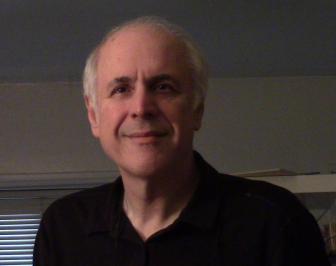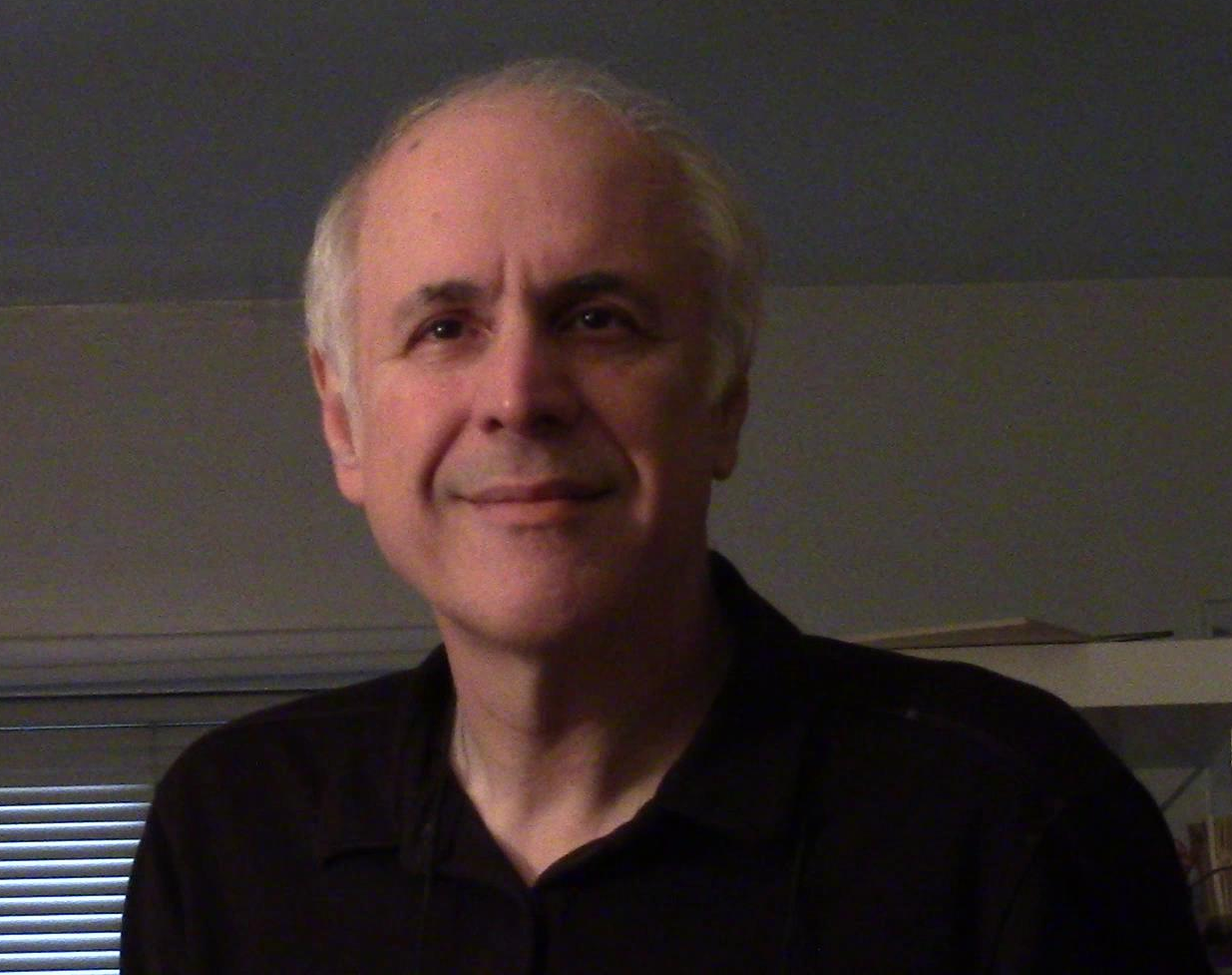 Of all the crimes against children committed in the name of “child protection,” none is worse than when white America weaponized child welfare in an effort to destroy the culture of Native Americans.
Of all the crimes against children committed in the name of “child protection,” none is worse than when white America weaponized child welfare in an effort to destroy the culture of Native Americans.
Today, of course, people no longer say that the goal of child welfare is to “kill the Indian, save the man.” But whatever the intent, a series of federal court rulings from South Dakota make clear that Native children remain in danger from a state child welfare system out of control.
South Dakota’s behavior adds a 21st-century twist to a long, ugly story.
From the 1880s through the 1920s, more than 100,000 Indian children were torn from their families and tribes and effectively imprisoned in hideous orphanages. Professor Melissa Harris Perry labeled the orphanages an “explicit cultural extermination mission.”
Then came a program of mass, forced adoption of Indian children by white families. That lasted all the way into the 1970s. By then, writes American Civil Liberties Union attorney Stephen Pevar, “between 25 and 35 percent of all Indian children in the U.S. had been taken from their homes — a rate that jeopardized tribal culture if not the very survival of the tribes.”
Congress finally acted in 1978, passing the Indian Child Welfare Act (ICWA). That law bolstered legal protections for Native American families — in theory. But some states have devoted far more energy to evading the law than complying with it. No state has been more creative in that regard than South Dakota.
That state takes away children at one of the highest rates in the nation — and the targeting of Native American children is one reason why. Pevar writes that Native children represent 9 percent of the total child population — and more than half the state’s foster children.
South Dakota’s trampling of ICWA, and the enormous harm that’s done to Native American children, was documented in a Peabody award-winning series of stories from NPR. That got the attention of the ACLU, which filed a class-action lawsuit on behalf of two South Dakota tribes in 2013. The suit focuses on Pennington County, which includes Rapid City, and on what happens at the very first court hearing in the process.
Child protective services workers and/or law enforcement can, and do, take away children entirely on their own authority, whenever they decide it’s an “emergency.” The family has to go to court a few days later to try to get the children back. In South Dakota, the first hearing usually is supposed to take place within 48 hours.
As Professor Paul Chill of the University of Connecticut School of Law has written, these initial decisions tend “to become self-reinforcing and self-perpetuating in subsequent child protective proceedings,” creating a “snowball effect” that can destroy families forever.
But when the ACLU reviewed scores of transcripts from these hearings, this is what South Dakota authorities deemed “emergencies”:
- A mother abused by her boyfriend lost custody of her child even though the abuser was not being allowed to return to the home. Before the judge’s decision, the mother pleaded with the judge not to punish her for what the abuser had done.
- A father going through divorce was denied custody of his children solely because his estranged wife got into trouble with the police, even though no evidence was introduced suggesting that the children would be at risk staying with the father.
- A mother lost custody of her daughter merely because the daughter’s babysitter had become intoxicated, without any showing that the mother knew that such a thing might occur.
In every one of these cases — and in nearly every other case reviewed, 120 in all, the court rubber-stamped the so-called “emergency removal” consigning the children to foster care for 60 days before there would even be another hearing — unless the state child welfare agency itself decided to return the children.
That’s not surprising given what the hearings are like. The ACLU found that:
- Parents were not allowed to read the petition explaining what they’d allegedly done wrong.
- They weren’t allowed to read the document child welfare authorities submitted swearing that they were in compliance with ICWA.
- They weren’t allowed to cross-examine the people who wrote the documents they weren’t allowed to see.
- They weren’t allowed to present testimony in their own defense, call expert witnesses or, often, even speak for themselves.
- Courts issued findings that bore no relation to what was presented at the hearings.
- Indigent parents were not appointed a lawyer — until after the hearing was over. (That didn’t take long, though. The hearings lasted an average of less than four minutes each.)
Long after U.S. District Judge Jeffrey Viken ruled that all this violated both ICWA and the 14th Amendment to the Constitution, one of those sued, the state’s attorney for Pennington County, admitted that for months afterward he didn’t even bother to read the decision.
When a lawyer for the plaintiffs asked the judge who handles most of these hearings to meet to discuss implementing the ruling, he refused, and attached an article entitled “Federal law in the state courts — the freedom of state courts to ignore interpretations of federal law by lower federal courts.”
So in December, Judge Viken issued a new ruling, ordering an immediate halt to the violations of due process and issuing an injunction barring future violations.
The injunction remains in effect while the state appeals. But given the state’s history of hostility to families, especially Native American families, odds are in South Dakota, kangaroo court is still in session.
Richard Wexler is executive director of the National Coalition for Child Protection Reform.






























